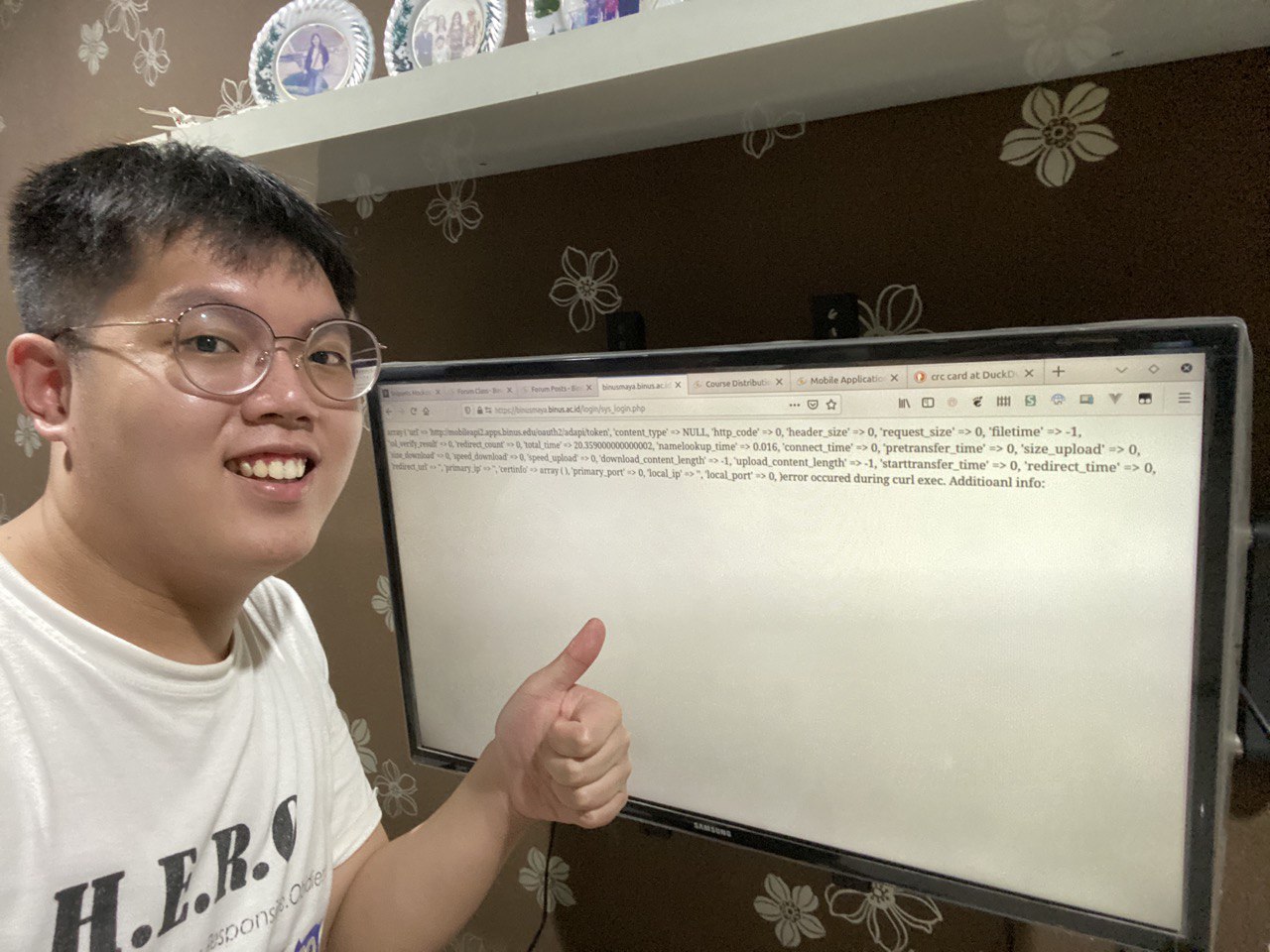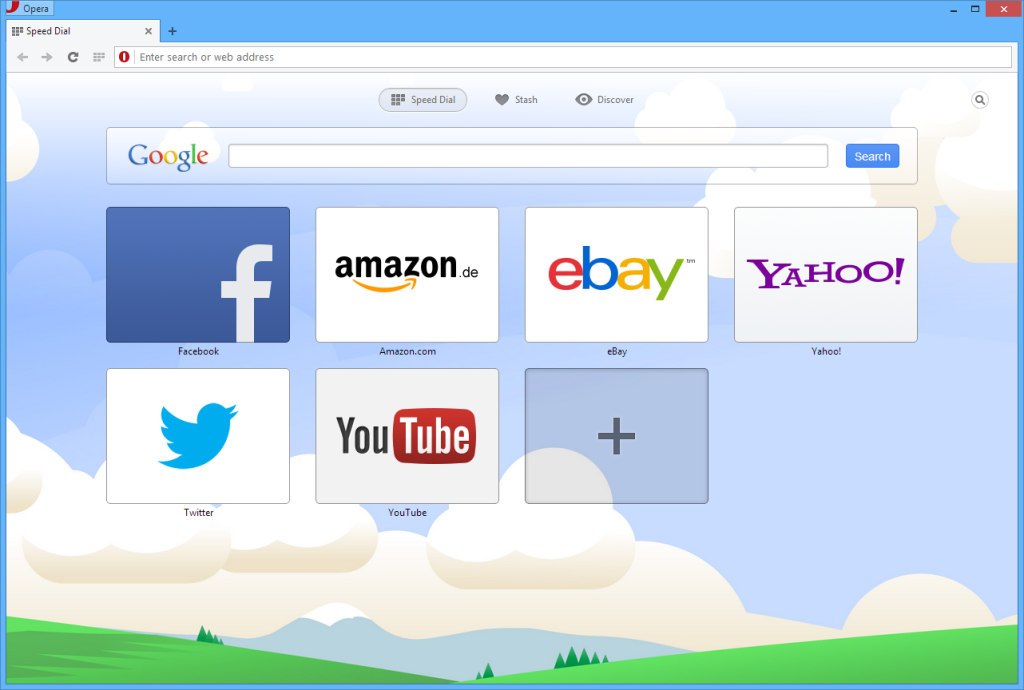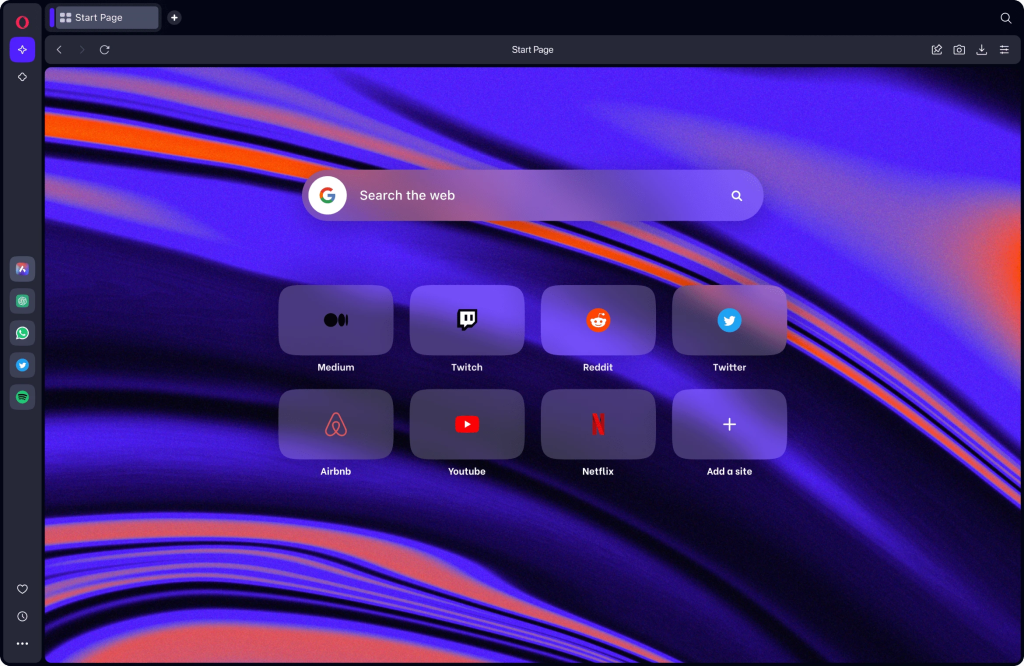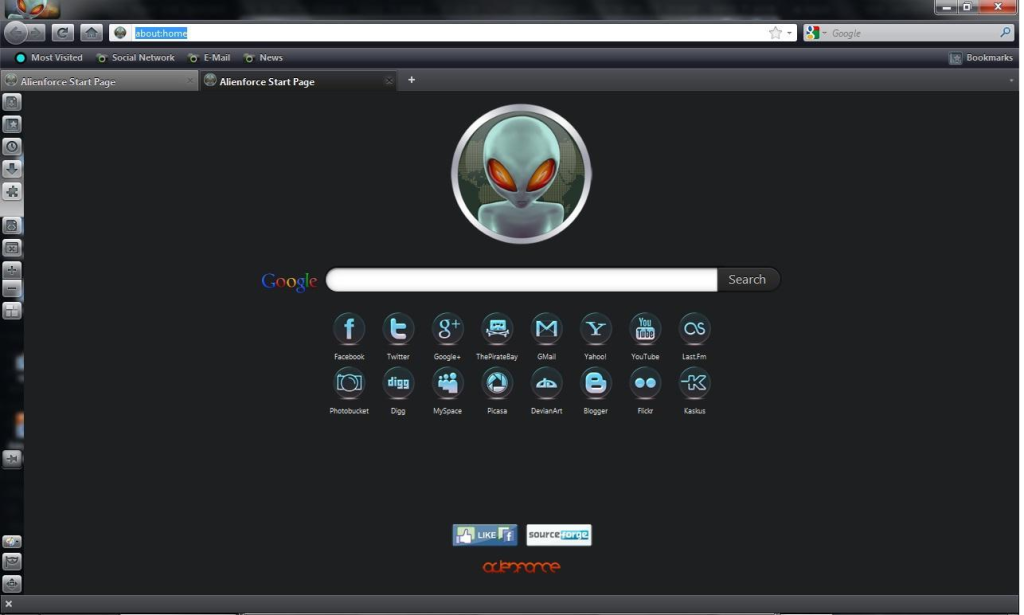• (Updated )
So, here’s how to win Firefox over in 2024.

I have been a long-time user of Firefox since 2015, especially, when “Firefox Developer Edition” was announced (as a rebrand of Firefox Aurora pre-release channel). Sure, I have used the web browser at some time between 2013 and 2015, before switching to Chrome, then Opera, then (checks notes) Internet Explorer 11.
And in 2021, I decided to do the unexpected: switching to Vivaldi, and I’m still fine with having Firefox on phone and Vivaldi on my desktops. Until someone tried to convince everyone to pledge “switch back to Firefox” on this new year’s resolutions.
This December, if there’s one tech New Year’s resolution I’d encourage you to have, it’s switching to the only remaining ethical web browser, Firefox. According to recent posts on social media, Firefox’s market share is slipping. We should not let that happen.
Here’s a summarized list of everything that is being discussed on this post. Part political and part technical. Of course, this post could have been riddled with huge ad banners to download the browser, but as someone who gets into and away from the browser, I still have the responsibility to talk about this seriously:
- Not everyone conceives Mozilla as what Mozilla expects it to be. In Indonesia, we thought of a great and thriving open source community, discounting Mozilla VPN, Mr. Robot, Turning Red, and all the political agendas the organization is currently doing.
- Firefox should move out from its current political narrative of monopoly and surveillance capitalism, as me and many people originally loved Firefox outside of those narratives.
- And we might not want to deeply care about Mozilla’s political agenda even though it still feels important for the web. Sounds like a chicken-and-egg problem for Firefox.
- Mozilla should refocus to improve Gecko, not Firefox, for embedded applications. Be it the GeckoView for the desktop markets, so more developers can innovate with Gecko without having to care with the mess of Firefox’ (especially UI) codebase. This is where Chromium and WebKit thrived with WebView, making countless great browsers including Arc and Vivaldi.
- And lastly, innovating in the desktop productivity is highly necessary. Let’s look back at how Firefox for Android have been quite so successful.
Reinhart was a contributing member of the Mozilla Web Compatibility Team in 2016-2020, even though not officially recognized as a Mozillian for being underaged (was 15 years old in 2016) and overwhelmed to fly from Indonesia to North America or Europe to attend the MozFests alone.
He currently has no plans to reconsider for his official contributionship status with Mozilla.
A. The political part.
Yes, every software is political to the point that some (but significantly many) people are still willing to use or ditch certain software to uphold their values.
Did you remember what happened in 2021? I mean, when WhatsApp changed their Privacy Policy? If you feel that “oh yeah, it’s the time I switched to Signal because I don’t want to be a slave of your ads,” you are one of the lucky people I can give to others as well-known examples.
But unfortunately, there are still many, many people who ignored your importance, and keep using WhatsApp. In fact, during my latest visit to Spain, part of the EU, I am still surprised by locals and businesses who are still willing to use the app. This might be different when I visited Germany instead, where I could better convince my family to switch over WhatsApp to emerging alternatives including GNU Jami, Signal, and SimpleX, just like the locals.
And recently, I’ve declared that your specific “problem” no longer matters to me. It is the same “problem” that Mozilla tried to define Firefox apart from Chrome, Edge, and Opera for years. And when people especially outside the US and Europe doesn’t care, that could also mean they no longer have the compelling reason to keep using Firefox.
Move out from the surveillance capitalism narrative.
Surveillance capitalism is the reason why we should care pledging against Google, Apple, Facebook, Amazon, and Microsoft to use (Debian, PureOS, or Trisquel) GNU/Linux, Firefox, LibreOffice, DuckDuckGo (or Qwant or StartPage) in PinePhones and Purism laptops powered by Coreboot compiled from source!
As an organization, Mozilla has always been well-known for this. I wasn’t aware about this specific “problem” until months after getting in touch with the global Mozilla community for one and one thing: Firefox OS.
Firefox has always been the hero-in-the-conflict of “evil technology companies,” from the monopoly of Microsoft Internet Explorer to the current era of surveillance capitalism. Check out The Book of Mozilla if you haven’t read it before:
And so at last the beast (AOL/Netscape) fell and the unbelievers rejoiced. But all was not lost, for from the ash rose a great bird (Mozilla). The bird gazed down upon the unbelievers and cast fire (Firefox, then Firebird) and thunder (Thunderbird) upon them. For the beast had been reborn with its strength renewed, and the followers of Mammon (Microsoft Internet Explorer) cowered in horror.
from The Book of Mozilla, 7:15
But, with millions of Firefox users happily switched to others, does that mean that they do still care about the same narrative? No. And even if they loved Firefox outside the narrative including me, it could also because Mozilla have overpushed the same narrative to the ones who are already uninterested in that.
The state of Mozilla in wkwk land.
In Indonesia, the country where this blog’s author lives, most of us solely know Mozilla as “a thriving global open-source community,” instead of “a powerful non-governmental organization who is still dealing with American and European justice systems, just like EFF and Software Freedom Conservancy, to boot out the monopolies and bad actors of the today’s Internet.”
We don’t even care whether the word “internet” should be written with capital “I” or not. And even not caring about the political implications of Facebook, Instagram, and TikTok, because we still have the tendency to think “I’m fine if I could be viral with that.”
That said, I still believe that all of this is significant to our impact to Firefox. When Firefox users are declining since 2010, we were one of the few countries who still mostly care about Firefox until 2014. Even today, we are still being recognized as the only Top 10 country in Firefox’ own telemetry report with more local users launching Firefox in English instead of our own language.
There has yet another reason why Firefox was in our heart for such a long time. And there has yet another, non-political reason for Firefox to thrive after these ten years.
A web browser doesn’t always have to brainwash their users.
But every browser does that, right? The close relationship between Microsoft Edge, Chrome, Bing, and Copilot is the reason why some (but significantly many) become fed up with Microsoft Edge, from a normal user up to The Verge journalists. Latest news include Edge actually abducting your old Google Chrome data, including your current open tabs, in a single Windows update.
At the same time, Apple and Microsoft are still confused with people keep download Chrome despite all of their best of setting Safari and Edge as defaults. In other words, it could because Google brainwashed them.
So is the Firefox’ true opportunity to become a helpful, “anti-brainwashing” web browser, by developing more quality-of-life improvements that doesn’t always have to be linked with privacy, and make people care Firefox without raising the same security-and-privacy narrative.
As a comparison, the Arc browser and SigmaOS won some small but significant people without the privacy narrative, while Unfck the Internet and latter Firefox campaigns often missed the opportunities to develop a version of Firefox that brings users more productivity tools to win those that, you can say, don’t question much of The Browser Company’s credibility as a secure, open, privacy, and user-driven just as Mozilla and other few organizations.
Firefox Screenshots? Great that I missed that in Vivaldi. Picture-in-picture? You can say Firefox’ one of the originals. Even some advanced things like Containers helped us to organize our online life. Besides the technical improvements Firefox devs have done to make Firefox on par with Chrome, are there any new, compelling features that could consider us to switch?
B. The technical part.
Yes, as an open-source software, it is theoretically possible to build out a new browser based on Firefox then innovate over it.
Right? Remember how the novel ones including Arc, Opera, and Vivaldi, up to Microsoft Edge can innovate on top of Chromium? But why “Firefox-based browsers” like Tor/Orfox, Waterfox, and LibreWolf ended up looking similar to each other?
An old warning from GNOME Web.
GNOME Web (then Galeon and Epiphany) was one of the early browsers that adopted Firefox (technically, Gecko) under-the-hood, alongside Camino, K-Meleon, and others. And the developers behind it give some sort of a warning before switching to WebKit, the core browser component (also known as the “browser engine”) that powers Safari.
The Epiphany dependency on Gecko creates a number of problems for us. The Gecko release cycle is very long (e.g. Gecko 1.8 was released with Firefox 1.5 in 2005; 1.8.1 with Firefox 2.0 in 2006 and 1.9 will be released sometime this year with Firefox 3.0), prone to delays and not synchronised with the unvarying 6-month Gnome release cycle. Furthermore, it and the feature work on Gecko are mostly driven by the Firefox browser, our main competitor on the Gnome desktop. Also the embedding API of Gecko (GtkMozEmbed) has been unmaintained and stagnant for a long time. Finally, the current plans for "Mozilla 2.0" bring much uncertainty to us, as well as much work to account for their proposed big API changes.
ANNOUNCEMENT: The Future of Epiphany. From the GNOME Web / Epiphany Mailing List, 2008.
It has always been clear that there was little or no intention to support Gecko as a standalone web browser engine that can be installed on other web browsers without having to modify Firefox’ entire user interface. There were no concrete concepts of modern “web views” in the world of Firefox until WebKit, and Chromium/Chrome pioneered it especially in Windows, iOS, Android, which then prompted Mozilla to develop “GeckoView” to rival “Chromium WebView”, but only for Android.
Sure, there were many Chrome-based web browsers that blatantly clone the Chrome’s user interface, but we see more and more browser makers to implement their custom user interfaces. Yes, I mean Arc, Opera, and Vivaldi. This is Opera during its early Chromium days...

And here’s Opera today.

The stark difference between Opera then and now at least proves that developers are having the knowledge to build original user interfaces on top of Chromium, and perhaps without taking care of learning how Chrome’s original UI worked and how to modify them.
In ancient Firefox terms, they don’t always have to understand these fancy XULs and Firefox UI-specific things to build a new one.
“Just slap a WebView and make it work!” And that means one thing for Gecko and Firefox:
GeckoView for desktops could have been more innovative.
Don’t get me wrong. As a web browser enthusiast since 2012, I would really love to create a new, innovative web browser. Remembering that this happened in Indonesia, a few years after the launch of Alienforce web browser, which was actually based on Firefox, but highly-acclaimed by locals for “being made in their own country” (it’s an open-source, legally modifiable software, duh 🤦♂️).

Teropong (yep, the one who ended up being a future Fediverse client) was first planned to be a web browser that can be properly described as a modern version of KDE’s Konqueror: a full-fledged web browser that is also a file manager, music player, note-taking, calendar, email, and even Command Prompt in one single window. Even its original intentions didn’t changed when I decided to re-concept Teropong as a Fediverse client: enabling users to chat, post, view albums, listen to podcasts and videos, and more.
Teropong could be a new modern browser that uses Firefox under-the-hood, but as you might already know, Mozilla doesn’t care about placing Gecko outside of Firefox. At least I am not the only developer who have dreamt about it. And a community effort based in Japan, too.
But wait, I’m interested in that new Thunderbird interface.

Has Firefox’ own UI codebase become the only limiting factor of new Gecko-based browsers? Taking a page out of Thunderbird’s new appearance, we can still see it might not always be the case.
Internal competition means productivity for more users.
So, how all of these GeckoView-related things come into place? To build innovative web browsers based on the spirit of Firefox. Okay, the word “innovative” might have been overused here, but internal competition could help Firefox being the better browser for more users. Just like what Telegram did.
There are certain things that made me switch to Vivaldi. Firefox performs extremely badly with Windows Speech Recognition, and existing split-screen solutions including Side View (a graduated Firefox Test Pilot feature) and Tile Tabs WE didn’t worked well with me.
If Mozilla adds the ease for others to build custom Firefox browsers the old, Camino way (i.e. by not heavily rely to modify the Firefox UI codebase), we may found ourselves a new Firefox-based browser but using WinUI or SwiftUI, which might feature less than the original Firefox, but still benefit in some ways like enhanced accessibility and how native could these browsers look!
There will always be cases when some users prefer their browser arranged in certain ways. Well, we have seen Mozilla ditching things including Firefox “screen density” settings that upset small, but significant amount of people. If Mozilla changed something in the mainline Firefox, and another community effort happened to maintain Firefox’ older look without compromising the fast-and-secure performance of Gecko, this could be a win-win case for Mozilla the organization, Mozilla the community, and the rest of Firefox users out there!
At the end of the day, there is still a hope for Firefox to thrive. But do Mozilla actually hear what the non-propaganda people really needs to win their hearts?
